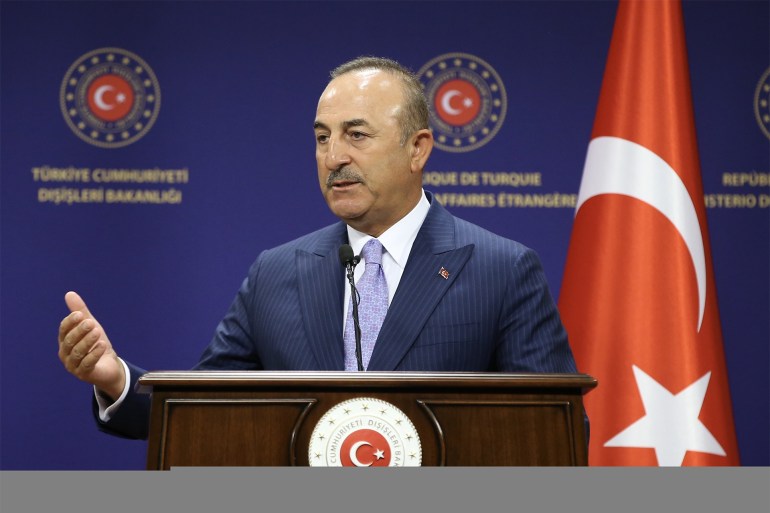The European Union on Monday expressed its concern and resentment over what it called unilateral behaviors by Turkey, and began to consider its options to compel Ankara to "respect its international obligations."
European Union Foreign Minister Josep Borrell acknowledged that it was not possible to find a common position on Ankara during the first meeting of EU foreign ministers in Brussels 4 months ago.
Borrell announced that he has received "significant support to prepare appropriate measures to respond to the challenges posed by Turkey."
He indicated that he was studying options that could be presented to ministers in this regard during an informal meeting in late August in Germany.
"I present my personal briefs" on the subject, Borrell said, noting that "our relations with Turkey have been undermined by the unilateral measures taken by Turkey that conflict with our interests."
Borel visited Ankara a week ago and held "difficult" talks with Turkish Foreign Minister Mevlüt Çavuşo أوlu.
Many European ministers expressed concern about the decisions taken by the Turkish authorities. However, they all stressed the importance of the partnership with Turkey, a member of NATO.
France, which has been straining its relations with Turkey, called for talks within the European Union aimed at "clarifying" the position that should be adopted towards Turkey.
A major disagreement exists between Ankara and its partners in the European Union, as Turkey provides military support to the government of national reconciliation in Libya, which is recognized by the United Nations, and is accused of violating the United Nations' arms embargo on this country.
In Syria, Turkey is fighting the Kurdish forces, the main ally of the international coalition in which many European Union countries are participating in its fight against the Islamic State.
Ankara is also conducting gas exploration operations in the Cyprus marine economic zone, which the European Union considers illegal.
The conversion of the Hagia Sophia Museum in Istanbul to a mosque again sparked criticism in Europe.
Borrell called on Turkey to "review this decision and cancel it," adding, "We must change the dynamic of the confrontation and create a climate of confidence."
French Foreign Minister Jean-Yves Le Drian confirmed that "the views are very identical regarding receiving clarifications from Ankara, regarding respect for the sovereignty of European countries, and the commitments made at the Berlin Conference on Libya, especially with regard to the arms embargo."
"We asked High Representative Josep Borrell to quickly prepare proposals for us on options and steps," he added.
A diplomatic source said sanctions were being considered against Turkey for "violating the United Nations arms embargo in Libya."
Limited options,
but the ability of the European Union to remain limited, fearing a new migration crisis if Ankara decides to open its closed borders with Europe since the 2016 agreement.
Turkey's announcement at the beginning of the year to open its borders with Greece led to the influx of tens of thousands of immigrants.
Germany is looking very seriously at this threat, as Chancellor Angela Merkel is determined to avoid a new migrant crisis during her assumption of the European Union presidency for the remaining half of the year, according to a European official.
For his part, Turkish Foreign Minister Mevlüt Çavuşo قالlu said that "some European countries' failure to deal positively and flexibly with issues of a high strategic level" limits the scope of cooperation between Ankara and the European Union.
Gawishoglu - in an article published by the American newspaper Letiko on Monday - pointed out that there are many common interests and strategic goals between Turkey and the European Union.
He explained that Turkey forms the external borders of the European Union and NATO, and that Europe will be safer thanks to Turkish contributions.
He pointed out that his country was disappointed with the issue of Turkey's membership in the European Union, pointing out that the European Union must follow constructive strategies in its dealings with Turkey and prefer the principle of mutual profit.

